Selling tips
Toyota HiLux 2005: How much is it worth?
Read the article
By Graham Smith · 22 Mar 2019
I was looking to sell my 2005 Toyota HiLux and was wondering what a reasonable price is? It's run 219,000km, two-door, five-seat. In good nick, but I just don't use it.
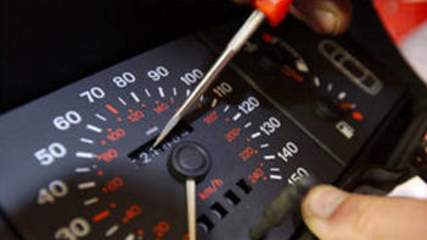
Has the odometer been changed
Read the article
By Karla Pincott · 04 Mar 2019
Look closely to make sure the numbers line up, if it has an old-style analog odometer.Check the service history thoroughly for previous kilometre recordings, and make sure they match the history of the car?Look for wear and tear or suspiciously new parts. For instance, worn rubber pedals are easily replaced so it’s worth questioning why such items have been replaced.A worn driver’s seat is more expensive to replace and may be a warning sign of more use than the odometer suggests.Excessive stone chips on the bonnet could also indicate a car has done more distance than advertised.If the odometer reading looks to good to be true, it's probably false.
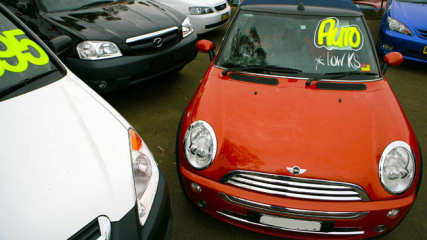
Buying and selling what you can expect for your money
Read the article
By CarsGuide team · 04 Mar 2019
However, the Carsguide search offers detailed searches for cars in a range of price brackets. For used car reviews be sure to check out our buyers guide section.RACQ technical officer Russell Manning advises what you can expect for your money on used cars.$3000 to $5000Few dealers operate in this segment, so look to private sales, and all the potential problems that come with them. There are no stand-outs in this segment.Buy the best you can find for the money. Steer clear of unusual, unpopular and modified vehicles, as they're more likely to cost more to keep on the road.$5000 to $7500Many dealers specialise in this bracket. Look for cars that are popular and have a good reputation, for example Corolla, Pulsar, Lancer for small cars, and Commodore, Falcon, Camry for large cars.Beware of vehicles that have travelled big distances, so look carefully. Bigger, less fuel-efficient cars are less popular these days and, depending on your circumstances, may be a good buy. Larger cars are often more durable.$7500 to $10,000There'll be no shortage of cars in this bracket. Again, large cars should be attractively priced due to fuel prices, but you'll also find a range of quality Japanese small vehicles and plenty from Korean makers. Take your time selecting and pick the best your money will buy.$10,000 to $12,000There should be no difficulty finding a quality used car in this range. There will be plenty of Commodores, Falcons, Camrys and Magnas, as well as the full range of mid and small-sized cars.Consider putting in a few thousand dollars more and moving into an attractively priced new small car.New cars to $15,000All these are in the light car category. Suzuki Alto is a great little car starting from $11,790 plus onroad costs. Holden's Barina Spark starts from $12,490 while Honda Jazz starts from $14,990. The recently released Volkswagen Up starts from $13,990.
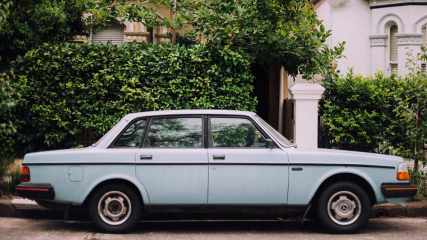
Sell your car fast
Read the article
By Tom White · 19 Feb 2019
Maybe you’re moving overseas or you’ve already paid the deposit on a new car. Either way, you need a quick car sale.
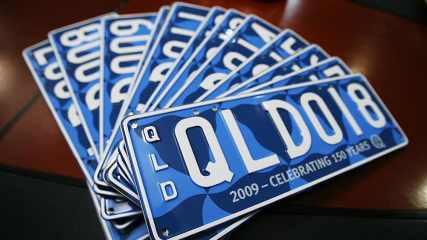
Selling a car in QLD
Read the article
By Graham Smith · 19 Feb 2019
Selling a used car can be a traumatic experience, there are rules to be complied with, roadworthy checks to be done, cars have to be prepared to look their best, advertisements have to be placed, and
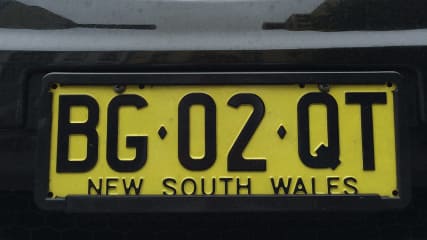
Selling a car in NSW
Read the article
By Graham Smith · 19 Feb 2019
Selling a car in NSW is simple. There are only a few things you are required to do to transfer the registration of a used car to the new owner.
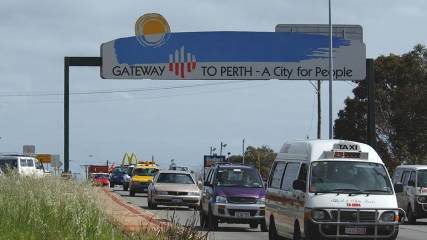
Selling a car in WA
Read the article
By Graham Smith · 19 Feb 2019
The rules set down by the WA government that a private owner must comply with when selling a used a car are few.
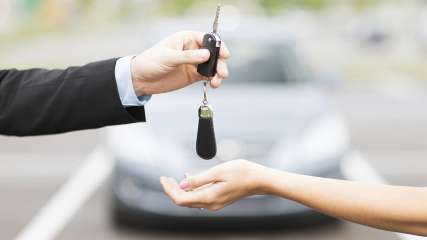
Selling a car under finance
Read the article
By Stephen Corby · 19 Feb 2019
Sure, if the car you drive is legally yours, selling is fairly simple - you simply list it on Autotrader.com.au and wait to be flooded with buyers, perhaps putting on your slickest suit so you can play at being a car dealer for the weekend.If you owe any money on your car, or it's the subject of some kind of financing arrangement, however, things can get complicated. Selling a financed car involves a juggling act aimed at keeping three parties happy: you, your lender and your buyer.But if you keep a clear head, prepare ahead of time and remain honest with both your customers and your lender, you should be able to sell your financed car without too many horrific headaches.It all comes down to how car loans work. A standard car loan uses the car as a safeguard, in case you can't make repayments. This is known as a secured loan, where the vehicle itself is the security. The idea is that if you can't meet the loan repayments, the lender can repossess the car and sell it to recoup costs.The problem with selling a financed car lies in how secured car loans are organised. The loan is applied to the car, not the buyer. It's the buyer's responsibility to repay the debt but, because the car forms the basis of the secured loan, the outstanding balance will always apply against the car itself. This is called an encumbrance, which sounds like some kind of exotic cucumber, but isn't.Your car may not have money owing against it, even if you borrowed money to fund its purchase in the first place, so you might not be encumbered.For instance, if you have a mortgage and have redrawn against it, the house is the security, not the car. If you bought with a credit card or drew from an unsecured personal loan, the lender can't use your possessions as security, so your vehicle is unencumbered. This means that the loan will apply to you, not your beloved but soon to be departed vehicle.Personal loans and credit cards have higher interest rates than secured loans for this exact reason. Without a large-ticket item to use as security, there's a larger risk the bank won't get its money repaid in full. The larger the bank's perceived risk, the higher the interest rate.There are a few options to sell, but you are obliged to prepare beforehand, as loan-rating service CANSTAR's Justine Davies explains."If you have decided to sell a financed car, you'll need to talk to your bank about how you are going to pay that car loan off," she says."If you're going to pay your car loan out early – which you'll have to do if you are selling your car – then be aware that you'll have to pay some fees."The costs will differ between lenders but there may be an administration fee, a break fee and a cost-recovery fee, so check what these costs will be before you decide to sell."In a lot of cases, you'll need the sale price to go directly to your lender to pay the outstanding balance on your loan."If you don't have the cash to pay it off, you can organise to complete the sale transaction at the offices of your financial institution," Davies says."That way the money from the sale can go straight from the buyer to the bank."In cases where the loan amount is more than the car's value, you can repay the gap between the sale value and the debt yourself. The bank will then lift the encumbrance from the car, leaving the new buyer with a clear title.If you have other lending options available to you, it can be a good idea to remove the car's encumbrance all together before trying to sell. You can redraw against your mortgage, take out an unsecured loan or get a cash advance from your credit account.However, each of these options has a drawback. Unsecured loans and cash advances carry higher interest rates than secured loans, which can leave you handing even more back to the bank. Mortgages can take decades to pay off, meaning that a small redraw today can cost significantly over the life of the mortgage, although home-loan rates are historically low at present.Always be upfront about any money outstanding on the carIf you're selling your car with a mind to upgrading, rather than selling outright, dealers offer a mostly hassle-free way to upgrade. Because dealerships make their money on finance as well as car margins, they'll be only too happy to organise finance to pay out your car's outstanding balance and cover the cost of upgrading.A similar deal applies if you're downsizing to a less expensive car, but finance can be tricky in this regard. If your finance amount is, say, $40,000, a $25,000 car won't be enough security to obtain a secured loan. In this case, you'll need to look to other avenues for finance.If you're trying to sell a car that is encumbered, it shouldn't put buyers off, as long as you're upfront about the situation. A good car, with low kilometres, is still a bargain everybody wants.Honesty is the best approach, as Davies explains. "Always be upfront about any money outstanding on the car," she says."The buyer will most likely do a public search on the car via the Personal Property Securities Register and find out anyway, so it's far better of you tell them first and let them know how you'll be paying that loan off."List your car here on Autotrader.com.au.






